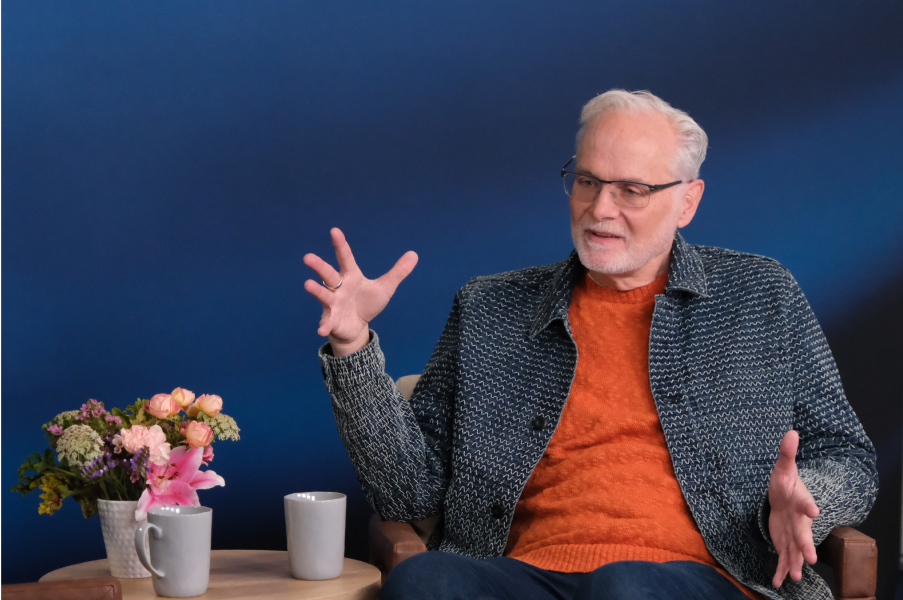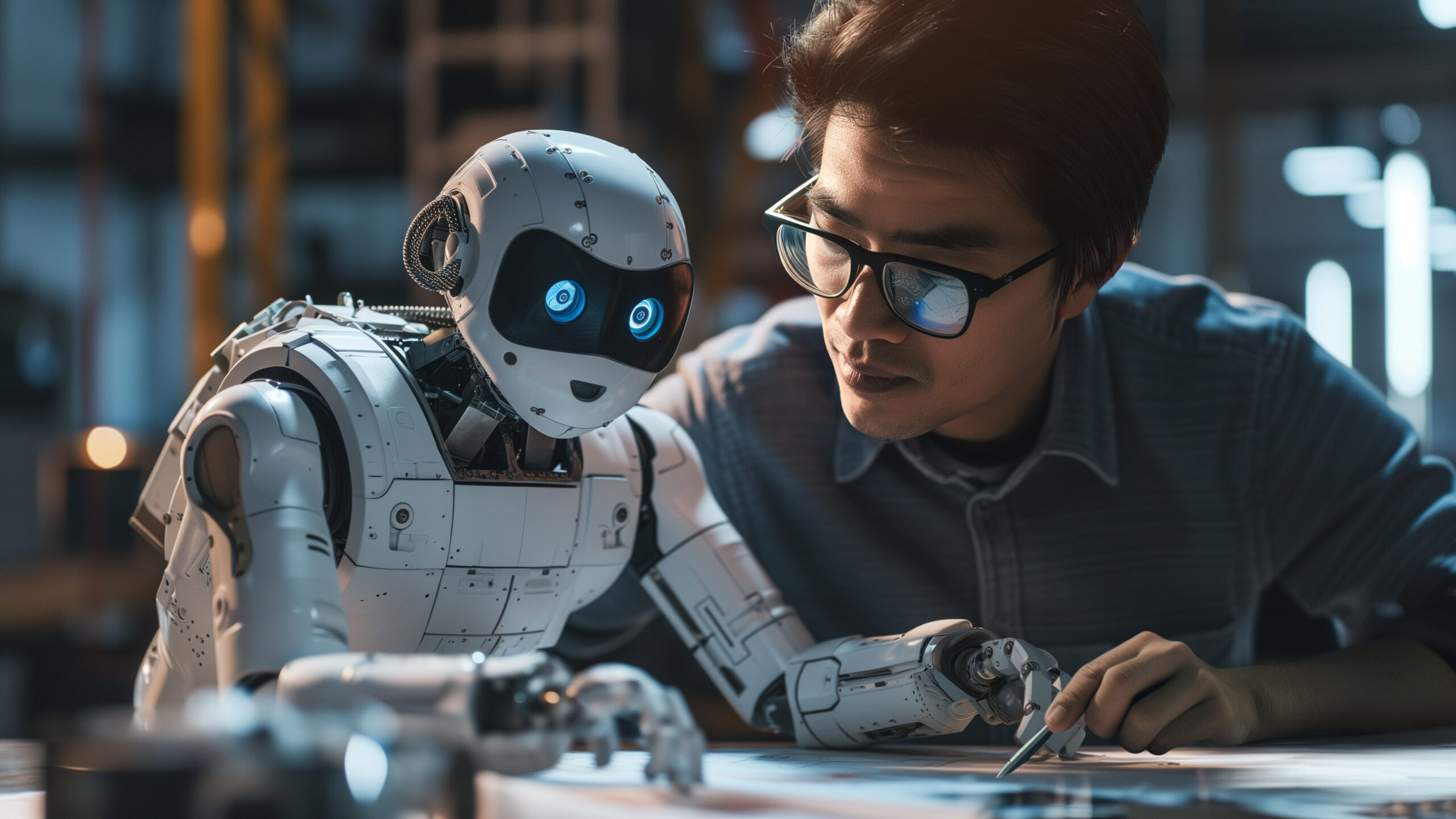July 28th, 2025
3 min read

As AI transforms industries, it’s also driving a massive shift in how executives lead, innovate and make decisions.
Mickey McManus, Senior Advisor and Executive Coach, BCG, is much more than a highly coveted veteran executive coach. He is also a pioneer in pervasive computing, collaborative human/machine innovation, and human-centered design and education. He’s the former president, CEO, and chairman of MAYA Design, a design consultancy and innovation lab that spun out of Carnegie Mellon University in 1989 with a mission of taming complexity. As part of his work today, he teaches an eight-week BCG course on data platforms and AI. His view: “AI isn’t just a tool. It’s a catalyst for how we lead and how we view the future.”
McManus spoke to us about how the future of AI will belong to those leaders who take bold steps – right now – to understand and harness its power.
Bridges and Barriers
For many executives, the leadership skills that got them to where they are today aren’t the ones they’ll need to propel their companies forward in an AI-driven world. “Coaching isn’t about teaching someone what to do,” he says. “It’s about helping them see what they can’t yet see.” Leaders need to shift their mindset, recognizing that AI isn’t a distant threat but a present-day opportunity. By expanding their horizons, they can stay ahead of the curve.
AI challenges the very essence of how people think about work, creativity and strategy. And leaders have to do more than just keep up. “Leaders can’t just talk about AI transformation,” says McManus. “They have to walk the walk. How many hours a week are you actually experimenting with AI yourself? If your team doesn’t see you engaging with it, they won’t either. This moment demands bold moves, just like when Rakuten’s CEO mandated English fluency. AI-ization is happening, and leaders must decide whether to embrace it or be left behind.”
We stand at a pivotal moment where AI, collective intelligence, and complex systems offer an unprecedented opportunity, not just for businesses, but for society as a whole. The future will belong to those who invest in cognitive capacity as a human right, harnessing AI to simulate, predict, and navigate complexity rather than reacting to crises in real-time. We need tools that allow us to ‘play out a thousand years of what-ifs’ so that we’re not running dangerous experiments on the only systems we have – our companies, our economies, and our planet.
Mickey McManus, Senior Advisor and Executive Coach, BCG
AI in Society
AI is changing what companies can achieve, McManus says. Take, for example, a major insurance company that cut its policy issuance process from 22 days to just 22 seconds by embracing AI and focusing less on mortality rates and more on longevity. This streamlined operations and opened new revenue streams. The future of AI will see companies either deploying AI to reimagine their work or creating entirely new business models.
McManus points out that AI adoption is about leadership at every level. Top-down leadership sets the ambitious goals, but it’s the bottom-up innovation that drives execution. This “meet in the middle” approach is vital. “The trick is in the balance,” McManus says. “Leadership needs to make the tough decisions, but the real magic happens when you give the team the freedom to make those decisions a reality.”

As AI advances, it’s moving toward deep reasoning and the ability to contextualize at scale. This will allow AI to tackle more complex problems and decision-making processes. But it’s not there yet. As McManus says, AI still lacks common sense and mental models, both critical elements that help humans navigate the messy complexity of the real world. However, researchers are working hard to address this gap. Open-source AI is another key factor in progress: if major players like OpenAI or Google pull back, the rest of the ecosystem won’t skip a beat.
AI is helping companies navigate the existential challenges of our time. With boards of directors increasingly focused on AI, geopolitical risks and climate change, leaders must use AI-based complexity management tools to simulate potential risks and outcomes before making critical decisions. This allows for better decision-making, mitigating the impact of global uncertainties.




